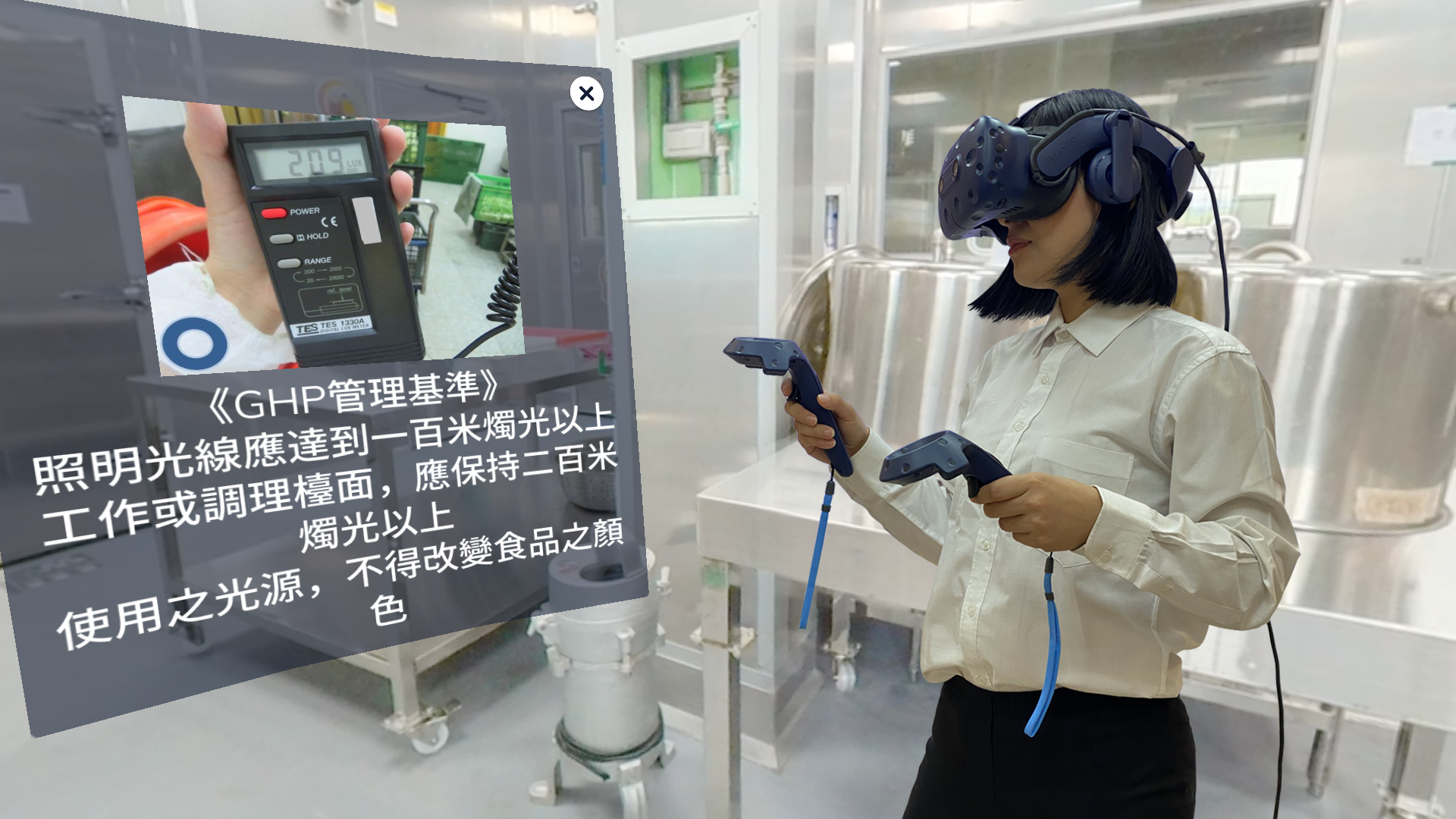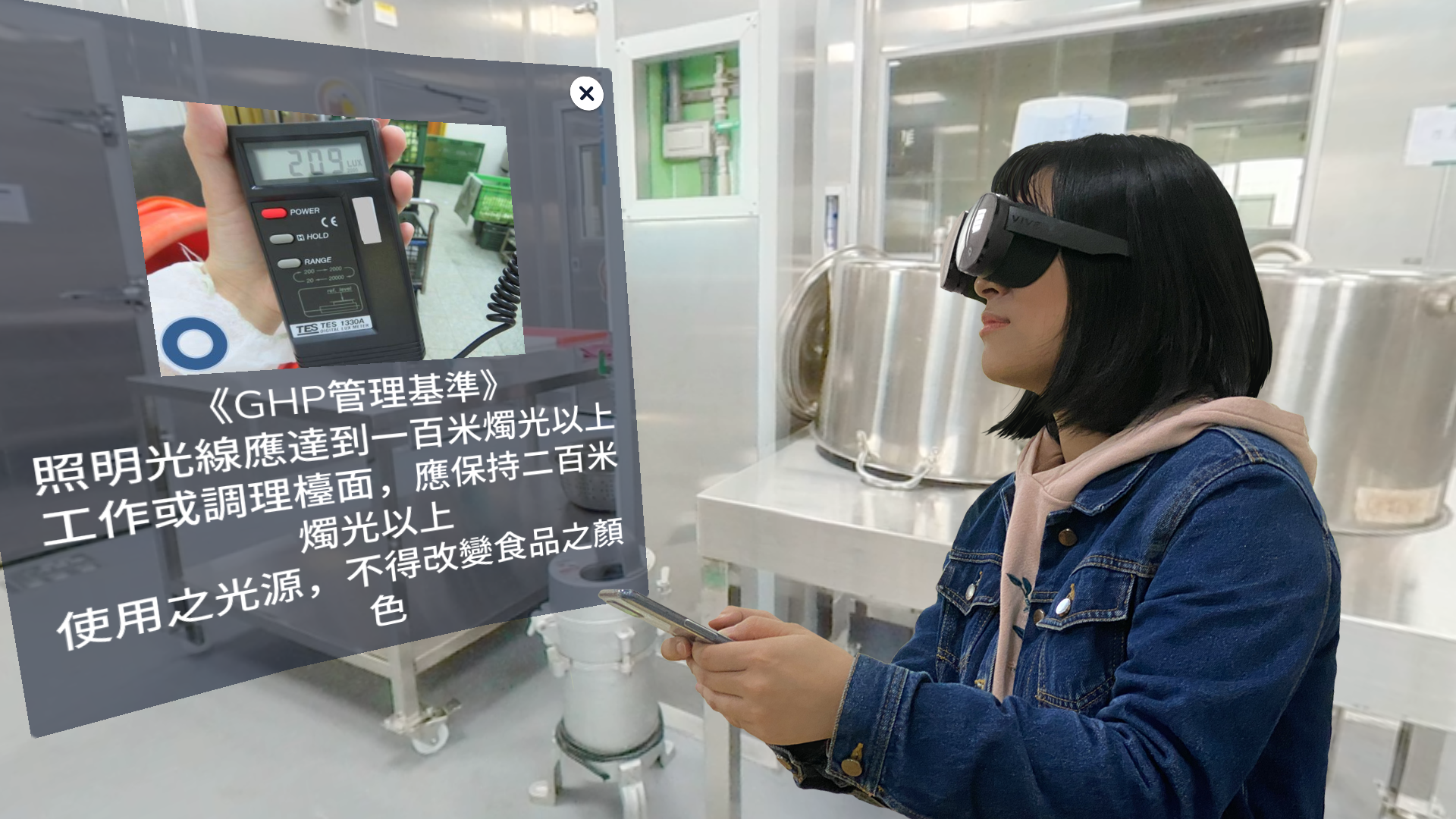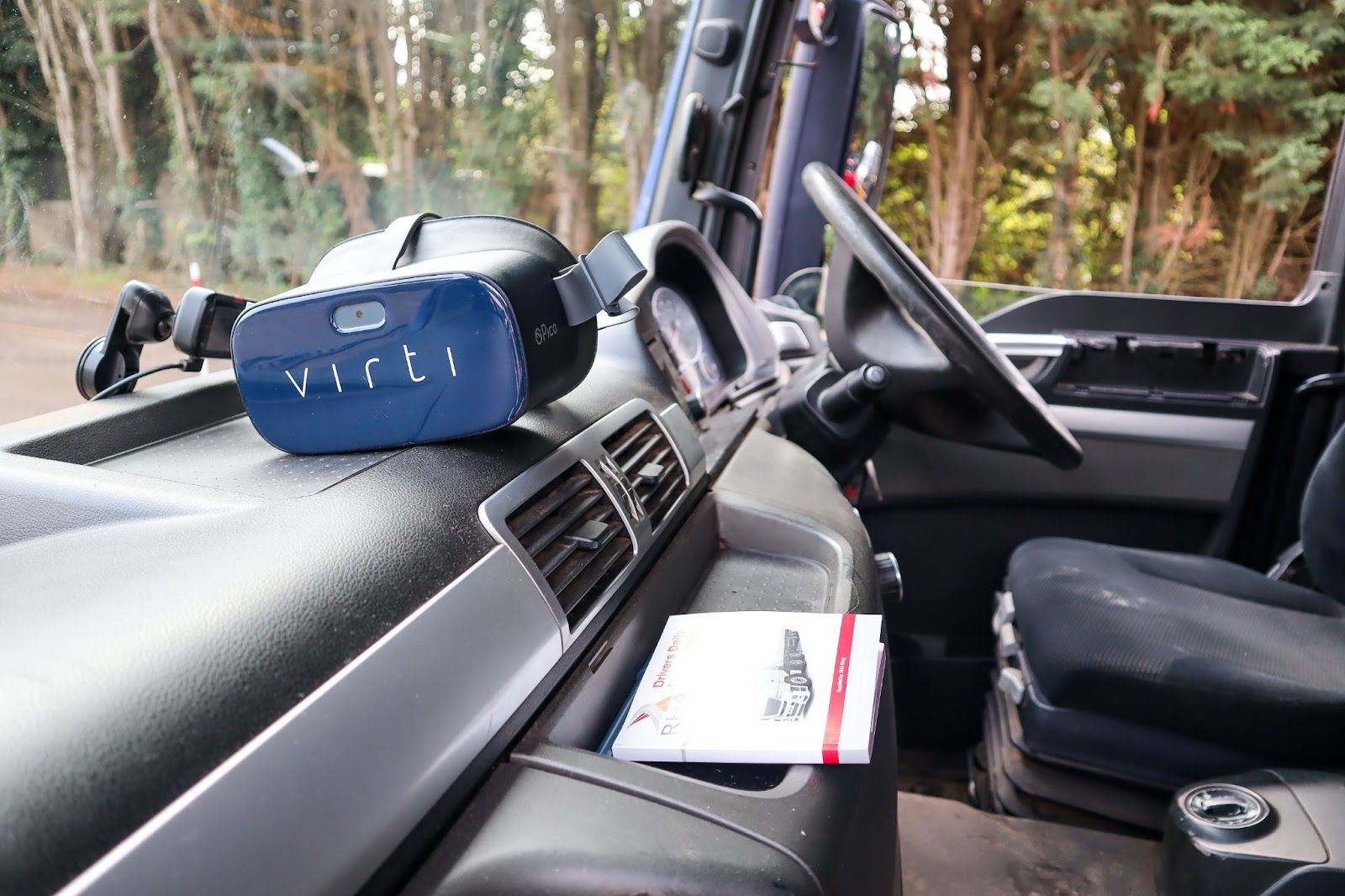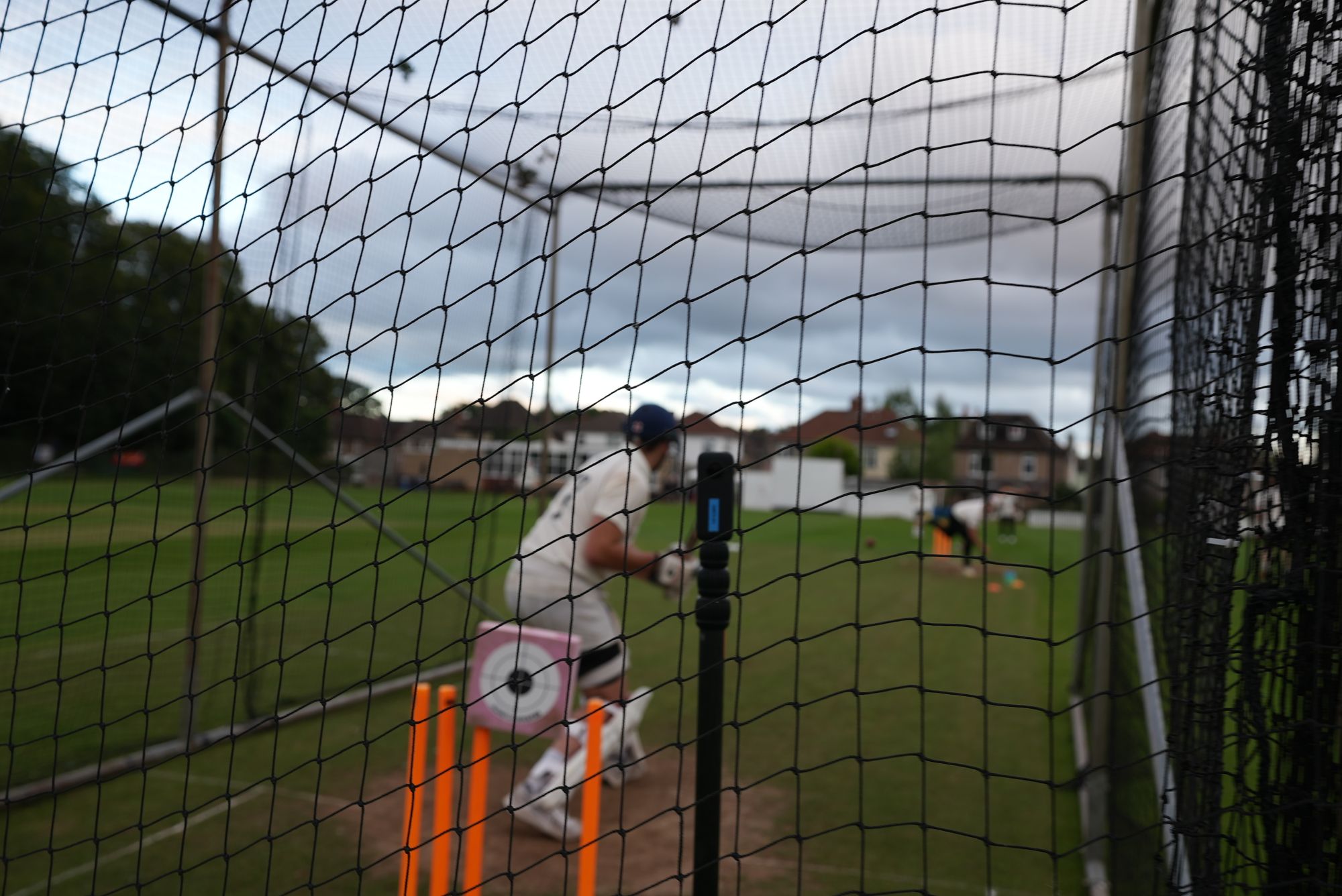Virti partners with HTC to transform food safety training in Taiwan
Read more to find out why HTC and Taipei Medical University (TMU) have partnered with Virti in order to transform food safety training in Taiwan.

This year, Virti is working with HTC and Taipei Medical University (TMU) to transform food safety training in Taiwan.
HTC - a Taiwanese tech giant which continues to invest heavily in technological innovation and development in Taiwan - is working with TMU’s School of Food Safety to develop food safety training content in virtual reality. The content will be deployed to food factories across the country to drive digital transformation and develop Taiwan’s food safety industry through engaging and effective training.
To deliver the training, HTC has partnered with our talented team at Virti. Founded by NHS surgeon Dr Alex Young in 2018, the Virti platform enables organisations to build and edit their own immersive VR/AR training materials using an end-to-end simulation suite, to improve how their teams learn and perform. In a randomised controlled trial, our technology was shown to improve performance by up to 230% and reduce anxiety by 10%.
Professor Hui-Ting Yang at TMU is using the Virti platform to create VR simulations that will enable food factory workers to practice food safety protocols in a safe and realistic environment, away from the field. Using virtual reality training simulations accessed using HTC VIVE PCVR and VIVE Flow headsets, workers can familiarise themselves with restaurant and factory kitchens, learn how to operate within kitchens safely, inspect food products and practice preparing, cooking and serving food using the highest hygiene standards.
Simulations have also been designed to help learners practice identifying and analysing potential hazards such as wet floors or poor lighting - as well as how to manage workplace stress and coordinate an emergency response to incidents such as kitchen fires. Over fifty students have accessed the training so far.
Alex Young, CEO and founder of Virti, comments:
“As soon as I entered the field as a junior doctor I realised how valuable it would have been to have had more opportunities for hands-on practice. I started Virti to give students of any discipline the chance to learn and practice in a low-stakes, virtual world.
“We’re delighted to be working with HTC and Taipei Medical University so that students can benefit from new opportunities to learn and teach food safety skills using Virti’s engaging, interactive and intuitive technology. The process of developing their own VR simulations and sharing them with peers will not only help students consolidate what they’ve been learning, but it will also help them develop transferable soft skills that will stand them in good stead when they enter the world of work.”
Raymond Pao, Senior Vice President of HTC, said,
“The VR training has been implemented in teaching and learning in diverse types of businesses and schools. Through immersive learning experience, it can simulate real emergencies and reinforce correct contingency response-ability in students. Students can also use the Virti 360 VR platform partnered with HTC to easily create their own VR teaching materials. They can quickly produce all kinds of VR content according to their learning syllabus. Through industry-academia collaboration, relevant teaching materials can be imported into the employee training program of domestic smart food factories. Employees can then repeatedly practice relevant SOP in simulated VR scenarios to strengthen their learning effectiveness, thus benefiting the domestic food safety industry and talent cultivation.”

Professor Yue-Hwa Chen, Director of the Taipei Medical University School of Food Safety Department said:
“We are constantly thinking about how to increase the learning interest and effectiveness of students. The integration with VR technology has given us new ideas in our course designs and the opportunity to implement teaching materials into transformation counseling for Taiwan’s food processing factories. This teaching center leads teaching assistants to smart food factories where they can discuss the employee SOP training process with the factory managers. Through the production of VR teaching materials and teaching implementation in the food field, employee errors in-field operation can be reduced, and food contamination due to improper handling can also be reduced. So, it is quite helpful for improving the work quality and training of food industry workers.”
Further resources:



